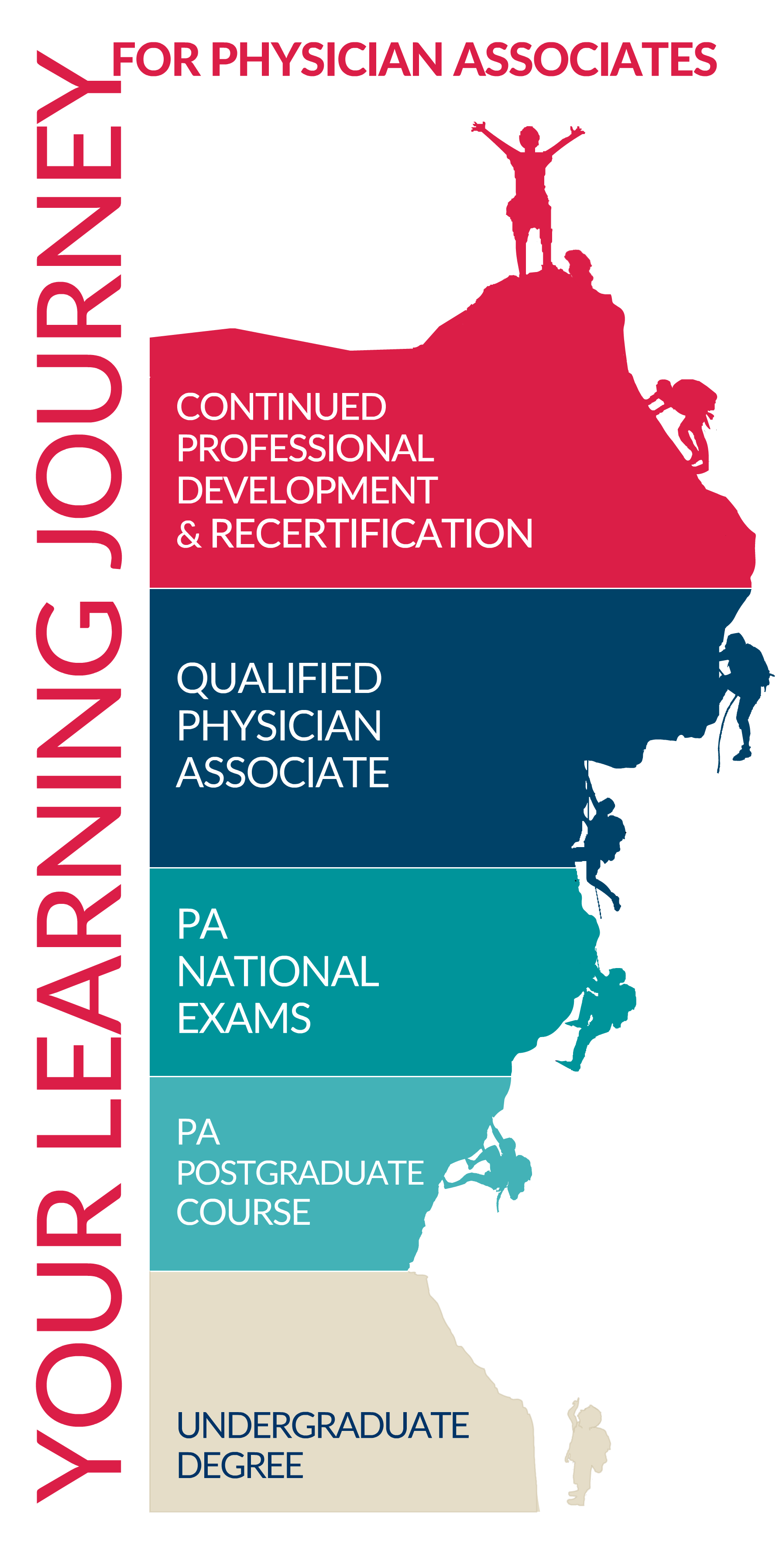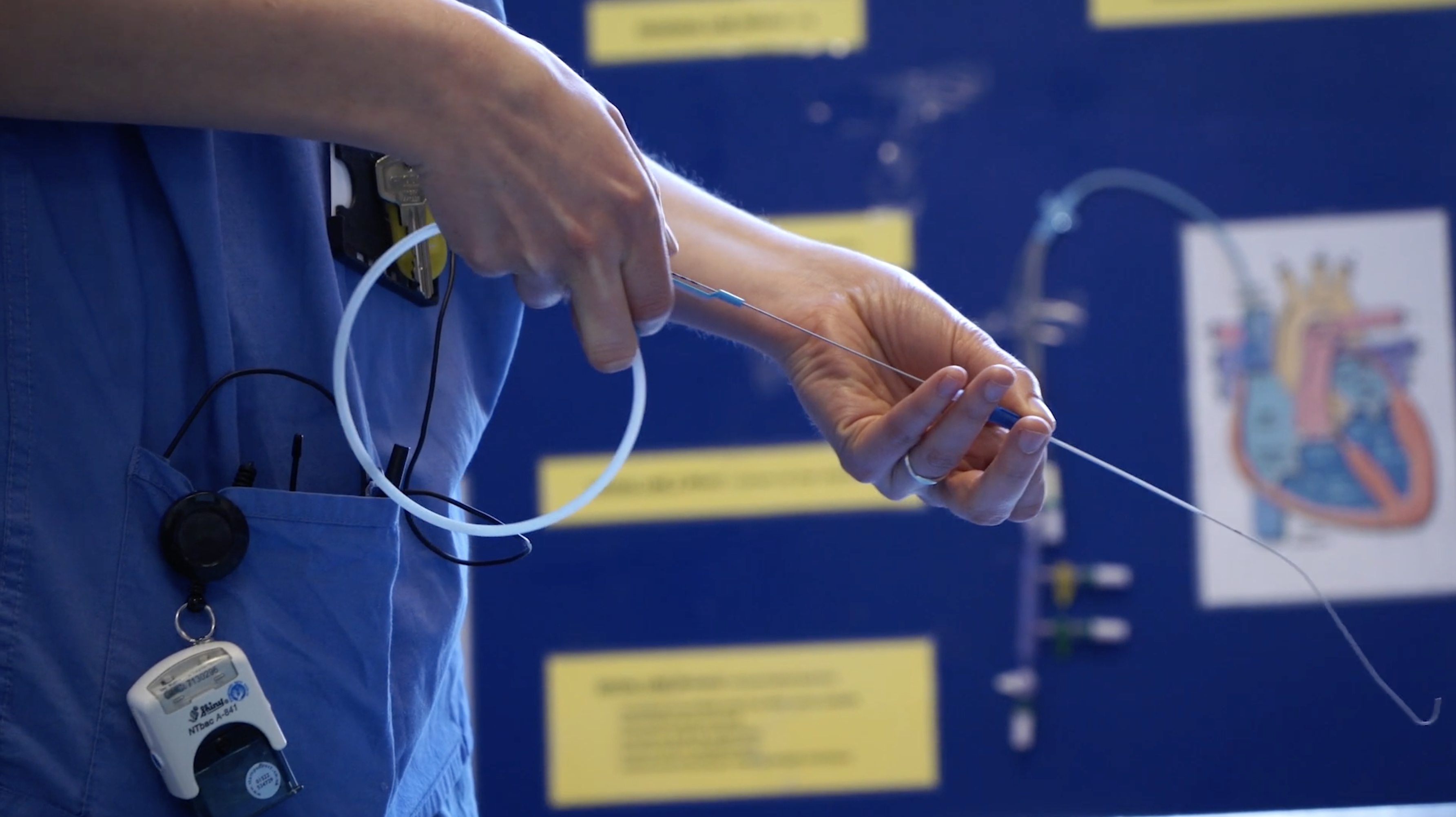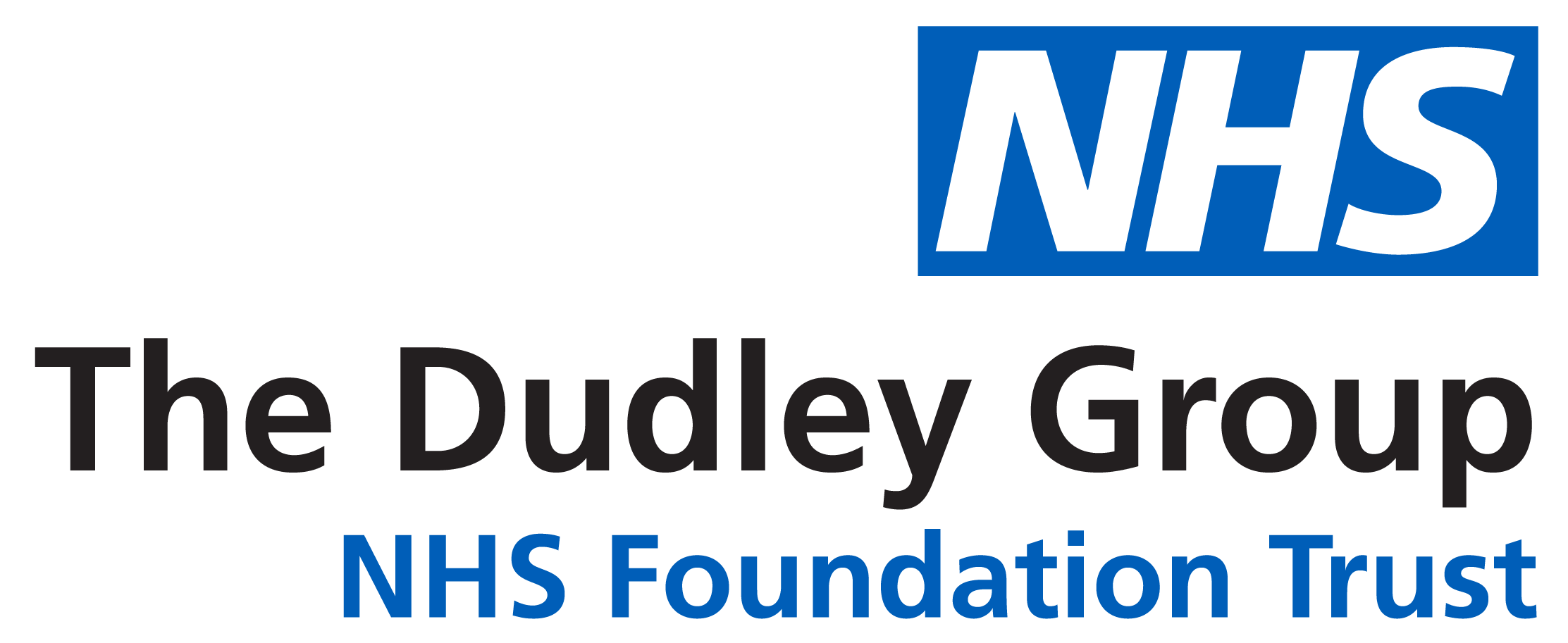Physician
Associates

Physician associates support doctors in the
DIAGNOSIS AND MANAGEMENT OF PATIENTS.
Physician Associates often work in GP surgeries or are based in a hospital. Wherever they work, they have regular direct contact with patients.
What does the role involve?
Physician Associates are graduates who have undertaken postgraduate training, working under the supervision of a doctor. They are trained to perform a number of day-to-day tasks, including:
- taking medical histories from patients
- performing physical examinations
- diagnosing illnesses
- seeing patients with long-term chronic conditions
- performing diagnostic and therapeutic procedures
- analysing test results
- developing management plans
- providing health promotion and disease prevention advice for patients
Most physician associates currently work in general practice, acute (internal) medicine and emergency medicine.
OUR STAFF, THEIR INSIGHTS JENNY NOVY
Physician Associate, Jenny Novy talks of her experiences in this role when working for The Dudley Group

TRAINING AND
Development
Physician associate training usually lasts two years, with students studying for 46-48 weeks each year. It involves many aspects of an undergraduate or postgraduate medical degree. The training focuses principally on general adult medicine in hospital and general practice, rather than specialty care.
There’s also a requirement to undertake 1,600 hours of clinical training. This takes place in a range of settings, including 350 hours in general hospital medicine. There’s also a requirement to spend a minimum of 90 hours in other settings including mental health, surgery and paediatrics.
...Specialties in management, research and teaching...
With further training and / or experience, there are opportunities to develop further by applying for vacancies in areas such as further specialisation, management, research, or teaching.

Physician Associates at
The Dudley Group
The Physician Associate profession was first introduced to the Trust in 2011, with the longest serving Physician Associate working with the Acute Medicine team for over a decade.
Since then, the PA role has expanded rapidly not only in the Trust but nationwide. Currently the Trust has 26 Physician Associates working across the specialities of:
- Emergency medicine
- Acute medicine
- Respiratory
- Gastroenterology
- General surgery
- Urology
- Vascular surgery
- Trauma & orthopaedics.
Some Physician Associates also have additional roles in education within the Trust’s undergraduate centre. PAs teach medical, PA and nursing students while they are on placement within the Trust.
Some of the other additional roles our PA’s are involved in include; governance, management, teaching clinical skills, PA university lecturers and research.
LINKS TO USEFUL RESOURCES
Further information and resources about the role of a Physician Associate
Below are some useful website links that can help and support your training.






